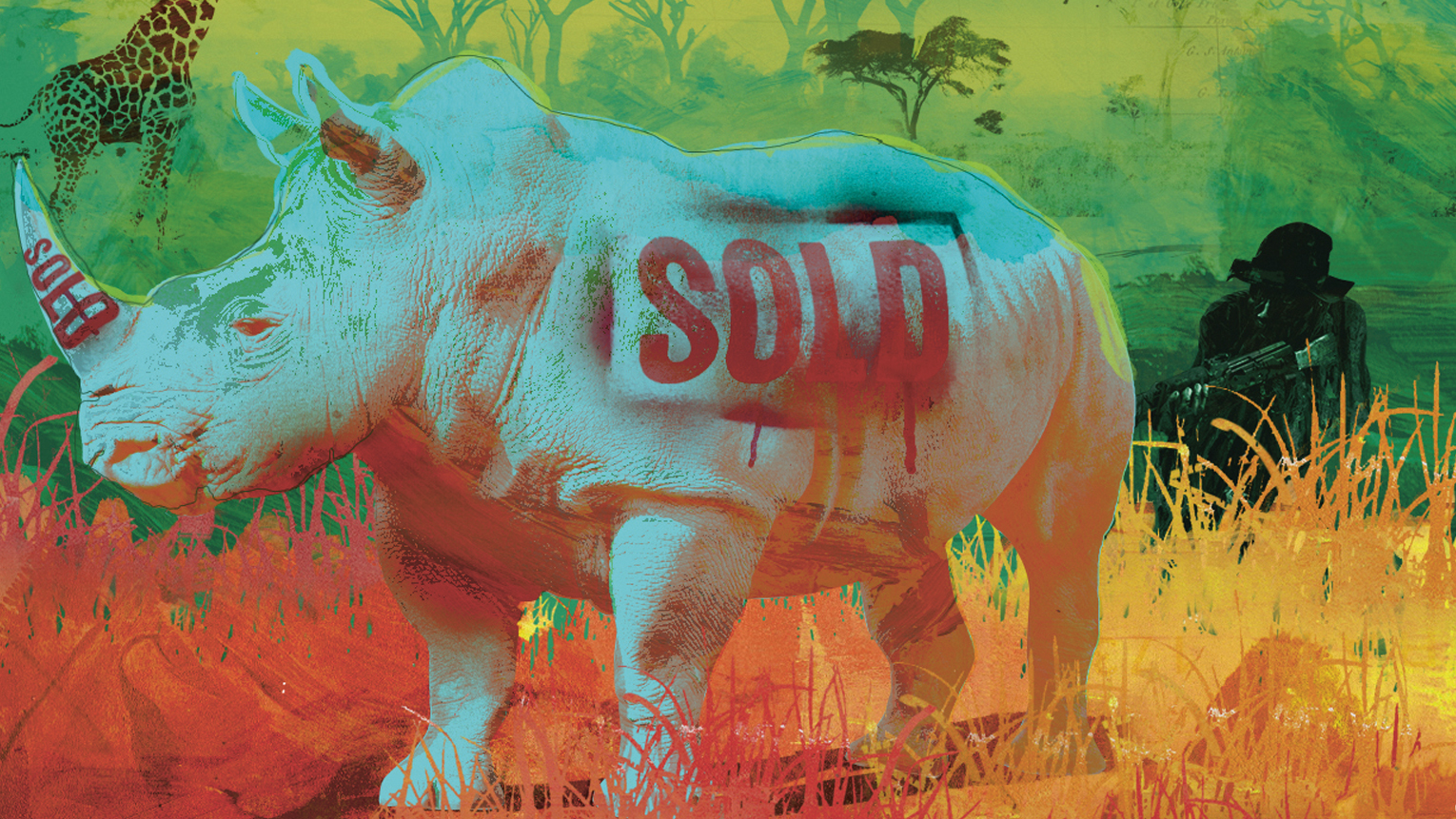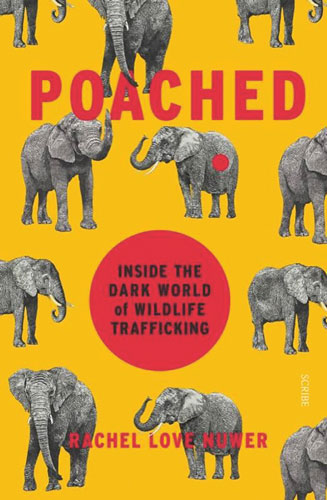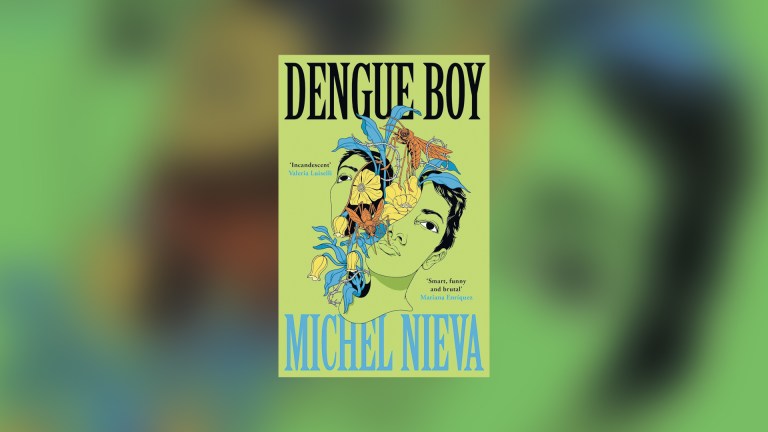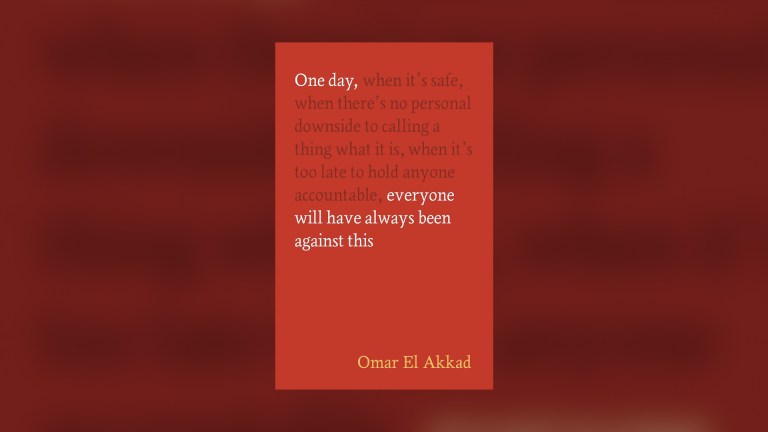In 2010, while checking my email at a woefully outdated internet café in rural Vietnam, I received news from a colleague that would change my life: “Don’t tell anyone, but we just got word that Vietnam’s last Javan rhino was found dead with its horn hacked off.”
I was dumbstruck. As an aspiring ecologist conducting research in Vietnam on natural resource use, I knew that poaching affected animals ranging from otters and bears to pangolins and turtles. I had also read news stories about escalating elephant and rhino poaching in Africa. But I had no idea that the situation was so bad as to drive some species to the very brink of extinction.
Over the next months, my thoughts frequently returned to Vietnam’s last Javan rhino – who killed her and why. Most importantly, what was being done to stop other animals from succumbing to the same fate?
Multi-billion dollar industry
I began researching the illegal wildlife trade, a multi billion-dollar industry that is now one of the world’s largest contraband markets. Over 1,000 rhinos of the remaining 30,000 are killed each year, and savanna elephant populations in Africa plummeted by 30 per cent from 2007 to 2014, largely due to poaching for ivory. Millions from thousands of other species are poached each year for jewellery, traditional medicine, trophies, meat, pets and more. The trade also impacts more than just wildlife: it undermines nations by breeding corruption, crime and instability, and regularly costs rangers their lives. Yet despite its scope and severity, illegal wildlife trade is often overlooked by governments and enforcement agencies.
The more I learned, the more I wanted to do something. I thought about becoming a conservation biologist, but after completing my ecology degree I realised that my skills would be better put to use raising awareness about poaching and wildlife trafficking rather than researching it (statistical analysis is not my strong suit). I changed career tracks and became a science journalist.
I’ve since reported dozens of stories on the illegal wildlife trade for The New York Times, National Geographic, BBC Future and others. But I felt what was really missing from the conversation was an overarching explanation of illegal wildlife trade and the complex forces that drive it.











